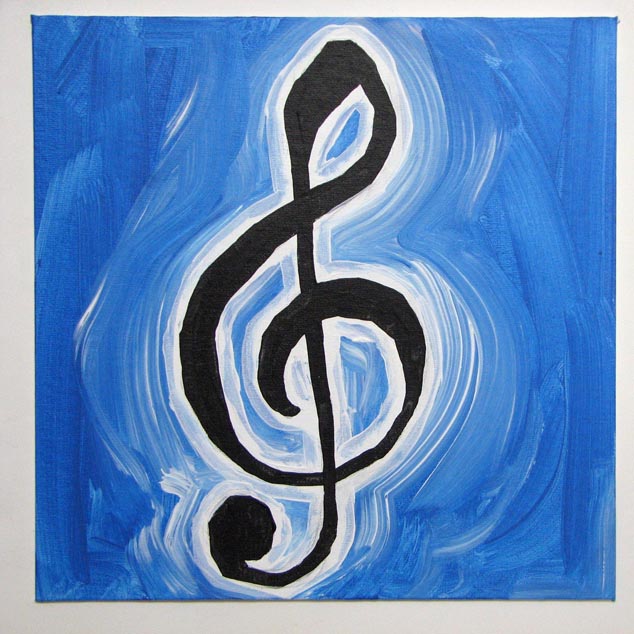Today is the day we go and vote. It’s too bad we’re 60 years too late to cast a ballot for Louis Jordan, who crafted 180 seconds or so of promises and analysis, dashed in a little self-promotion and called it a campaign: Jordan For President on the Swing ticket.
Though we might have a tradition, in certain cities, of dead people voting, we don’t of voting for dead people (Jordan last had the chance to vote in Nixon vs. McGovern in 1972; the King of the Jukebox died in 1975).
But if there’s one thing Democrats and Republicans should be able to agree on, it’s Jordan. His platform was a lot like his music — full of satire, rhymes and humor. If you want someone to throw the rascals out, Jordan had a chance — in a takes one to know one way.
Jordan for President came out, according to its YouTube link, in the spring of 1952. Today, both parties would normally have their candidates picked by then. Not so in 1952, which gave Jordan an opportunity to scout the field in his song:
- “If you want a man with a good offer, then cast your ballot for Kefauver” (Sen Estes of Tennessee, won 14 of 16 Democratic primaries but not the nomination; the party might have done better if he had).
- “And you can rest, and be assured, you’ll get no graft from Taft” (Sen. Robert A. of Ohio, who outpolled Dwight Eisenhower in the primaries, but lost the Republican nomination at the convention).
- “If you want to get the military bit straight, we all know that MacArthur would be great” (General Douglas A., fired by President Harry S Truman in the midst of the Korean War, did not run and endorsed Taft).
- “If you want a hipster, that’ll take no sassing, then vote for Stassen” (Ex-Gov. Harold of Minnesota, elected at age 32; president of the University of Pennsylvania in 1952; ran for the Republican nomination 12 times)
- “If you want the man of the hour, then vote for Eisenhower” (Gen. Dwight D., and Jordan was as right as any cable-news pundit; Eisenhower wasn’t just the man of the hour, but the next eight years as the 34th president).
- “If you want to hustle with Russell, go ahead” (Sen. Richard of Georgia, a segragationist and chairman of the Senate Armed Services Committee).
Jordan had no comment on the eventual Deomcratic nominee, Adlai Stevenson, and perhaps more Democrats should have paid notice to that. Stevenson got only 44% of the popular vote and 16% of the electoral in November (on the bright side, he did even worse when he ran again against Eisenhower in 1956).
Stevenson might have been detached, but Jordan sure wasn’t. Like a lot of candidates he made a lot of promises: he’d “entertain” everyone’s kids on the White House lawn every Sunday, drink champagne, and buy everyone new shoes on his birthday with which to go dancing — just not all at the same time, we’re guessing.
“If you send me to Washington as your leader,” Jordan sang, “I’ll personally see to it that every living American gets his portion. After I get mine.”
Jordan’s candidacy had third-party cool — literally. “If you want to walk on the sunny side of the street, with the candidate with a beat . . .,” he sang, and then followed up with “If you want a candidate that’s real cool, don’t vote for the elephant or the mule, vote for me.”
And like presumably almost anyone who runs for president, Jordan had ego, too. “No longer will I be on a phonograph record, I’m going to be on Congressional record,” he sounded, more excited than any stump speech.
Of course, there was also the possiblity Jordan’s motives weren’t altruistic. There’s a bipartisan tradition of exactly that in American politics, too, and it goes back a lot longer than 60 years; even swing musicians might not have been able to resist temptation.
“If you send me to the White House, we all will serve,” said Jordan, pre-dating the Peace Corps with a pregnant pause, before adding, “Time.”
That’s the ticket.
sources: encyclopedia.com, wikipedia.org
